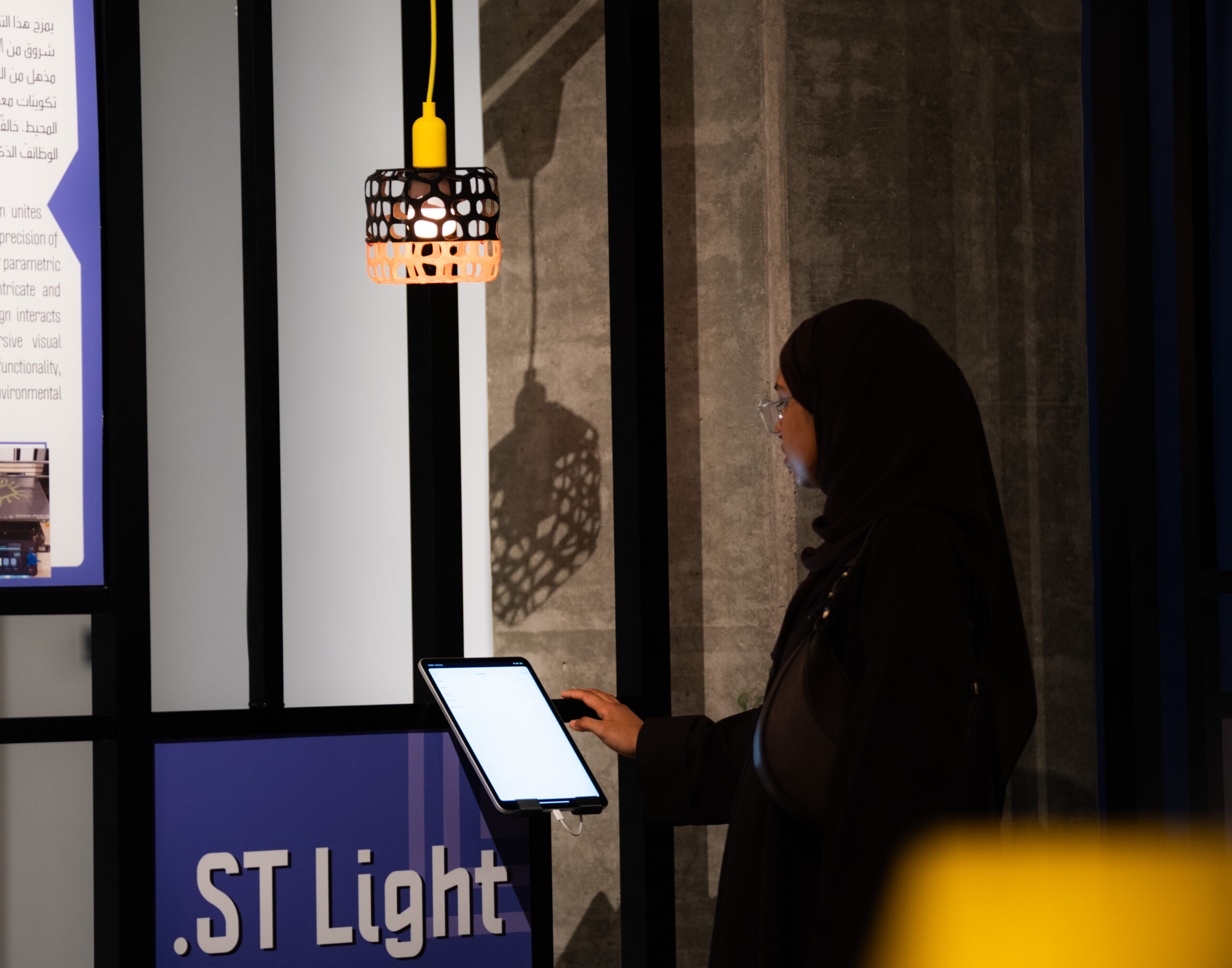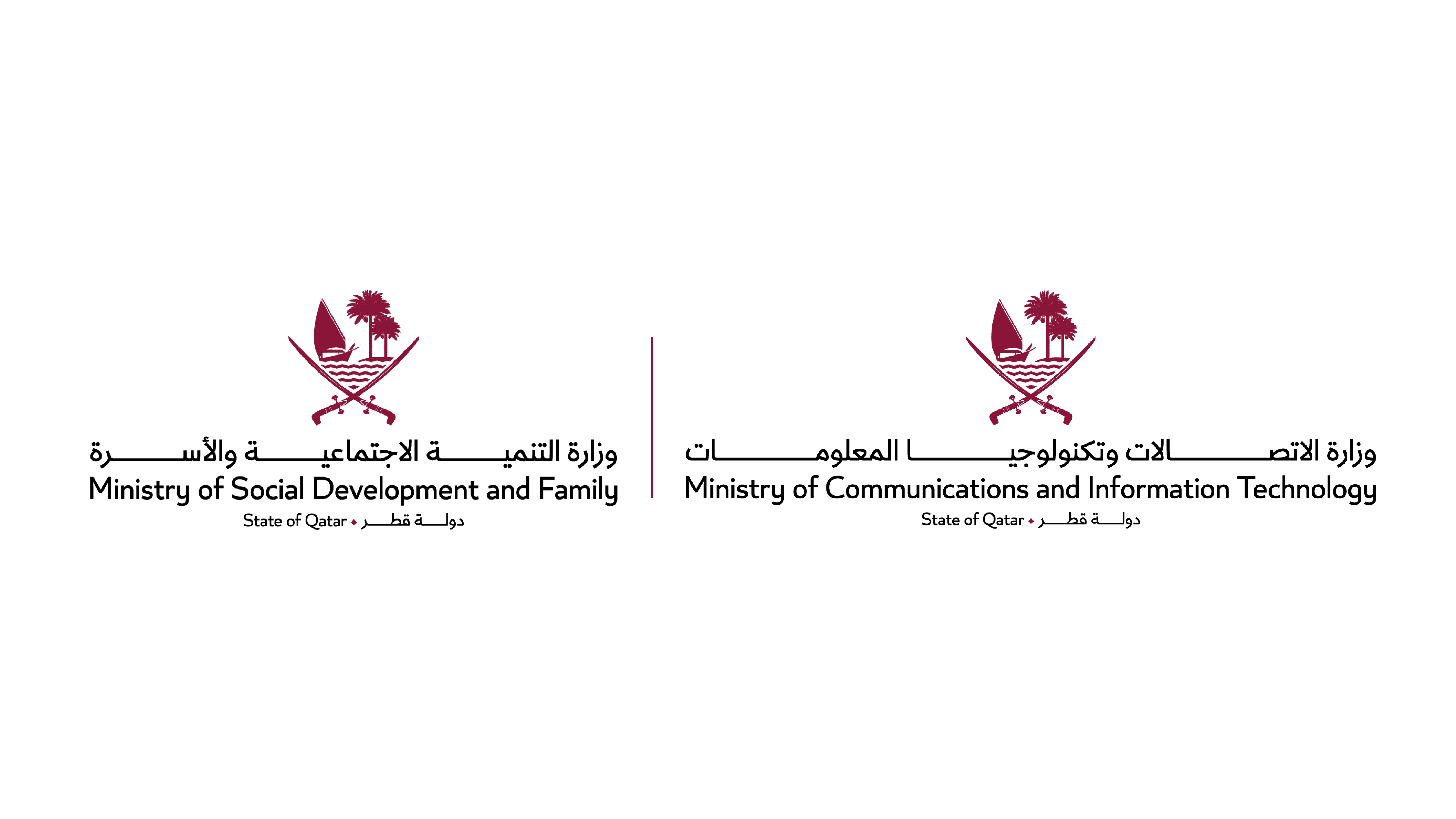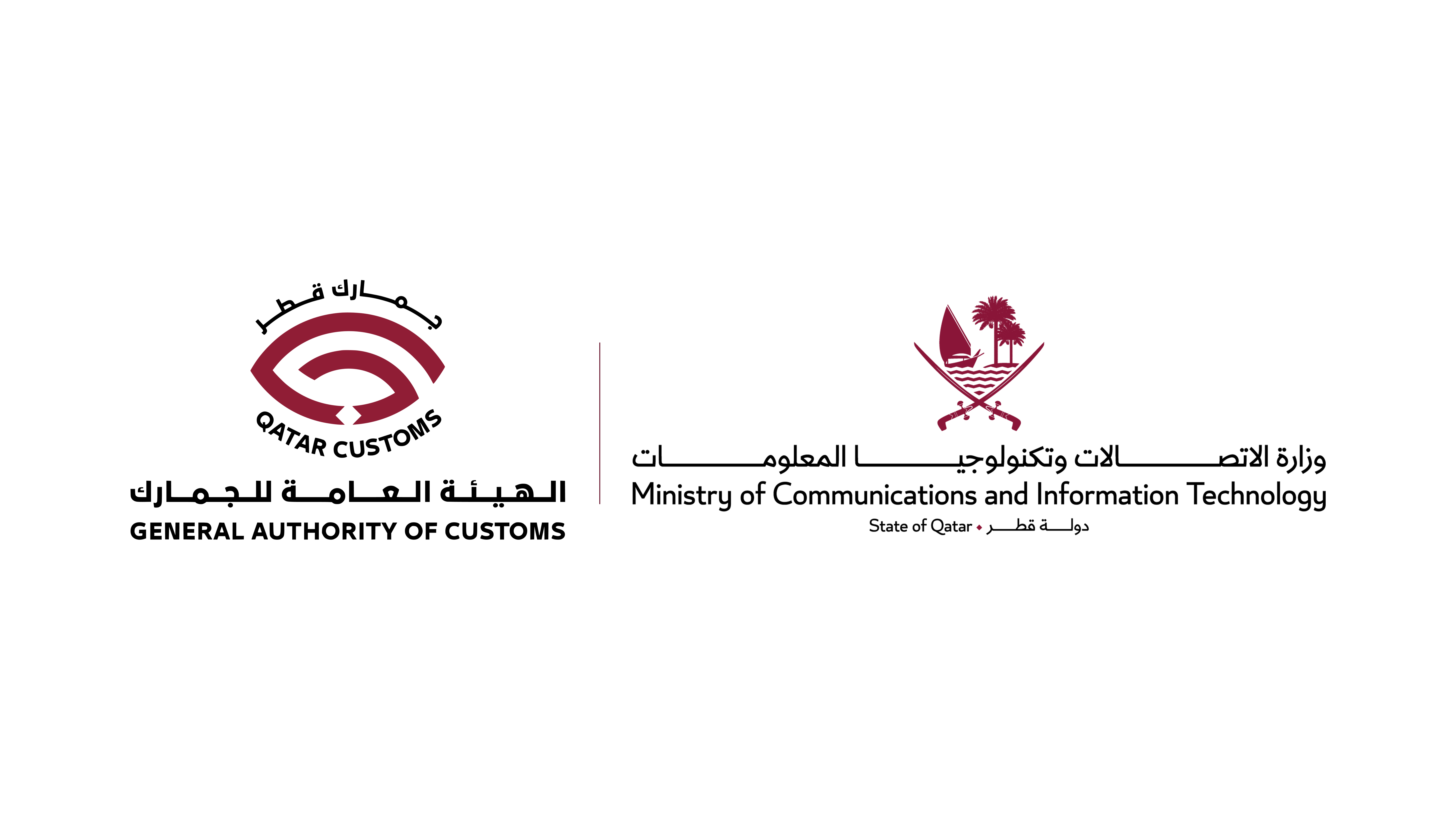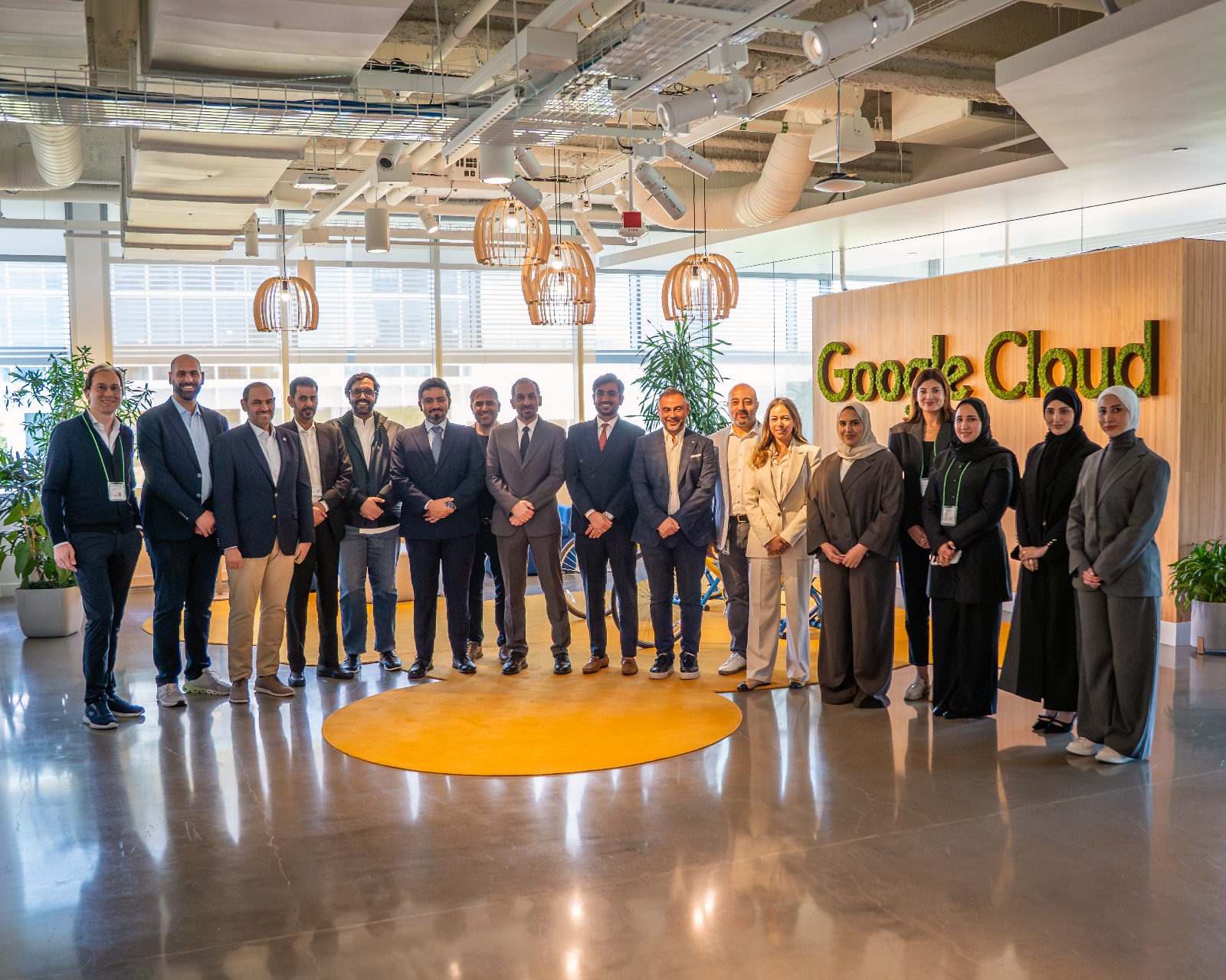- English

The Ministry of Communications and Information Technology Concludes Its Active Participation in Web Summit Qatar 2025
- MCIT participation in Web Summit Qatar 2025 aimed to strengthen Qatar’s position as a regional hub for digital innovation and entrepreneurship.
- Strategic partnerships were signed to support the country’s digital transformation, including agreements with Microsoft, Huawei, and Scale AI.
- Masterclasses were organized on digital skills frameworks, smart city development, localizing AI technologies, and enabling digital innovation in startups.
- The Ministry supported incubated startups by providing them with the opportunity to showcase their solutions to international investors and benefit from global experiences.
The Ministry of Communications and Information Technology (MCIT) concluded its participation in Web Summit Qatar 2025, which brought together leading technology and innovation experts, as well as decision-makers from around the world. During the summit, MCIT reaffirmed its commitment to strengthening international partnerships and supporting digital transformation in the region by signing a series of strategic agreements aimed at enhancing digital cooperation. MCIT also highlighted its efforts to empower startups, giving them the opportunities to engage with global experiences, connect with international investors, and contribute to economic growth and innovation. These initiatives align with the objectives of the Digital Agenda and Qatar National Vision 2030, which aim to drive digital transformation and position Qatar as a key player in global innovation and technological advancement.
The summit witnessed signing of several strategic agreements, including a partnership initiative with Microsoft to launch the Azure OpenAI service in Qatar, allowing organizations in the country to enhance their operational efficiency. Additionally, a partnership initiative with Huawei was established to support the skills of national talent in technology and digital skills. Furthermore, a long-term partnership with Scale AI was signed to develop innovative AI solutions aimed at improving government services and enhancing the capabilities of national talent and the AI workforce. The Ministry also signed another cooperation initiative with Microsoft to support digital innovation, startups, and entrepreneurs in the ICT sector.
MCIT also organized Masterclasses covering various topics related to AI, smart cities, and digital entrepreneurship. These masterclasses addressed key themes such as standardizing digital skills frameworks in Qatar, the impact of AI and IoT on smart city development and healthcare, balancing AI opportunities with associated risks, and global best practices in startup financing and scaling businesses locally and internationally.
H.E. Reem Al Mansoori, Assistant Undersecretary for Digital Industry Affairs at MCIT, stated:
“Our participation in Web Summit Qatar 2025 underscores our ongoing commitment to supporting the startup ecosystem and fostering digital innovation in the country. The summit witnessed the signing of strategic partnerships with global companies, including Microsoft, Huawei, and Scale AI, which will empower digital entrepreneurs by granting them access to cutting-edge technologies and global expertise. This will enable them to develop innovative solutions that meet both local and international market needs. We will continue to build high-value partnerships and implement innovative initiatives that reinforce Qatar’s position as a regional hub for digital innovation and entrepreneurship, in alignment with the Digital Agenda and Qatar National Vision 2030.”
Additionally, MCIT announced the launch of two experimental AI and extended reality initiatives, “AI Sandbox” and “XR Sandbox,” within the TASMU Innovation Lab. These initiatives aim to drive technological progress and innovation in Qatar’s digital entrepreneurship landscape by enabling startups, researchers, and developers to explore experimental solutions in AI and extended reality, expanding their applications to advance economic growth.
The Web Summit Qatar 2025 concluded successfully, with over 25,000 participants from 124 countries attending the event. The summit also witnessed extensive participation from over 1,520 startups, including over 190 Qatari startups, reflecting Qatar’s entrepreneurial ecosystem’s rapid growth and ongoing support for innovators and entrepreneurs. Additionally, the summit attracted over 600 investors and more than 600 media entities. During the summit, more than 380 speakers, including thought leaders and global experts, discussed the latest trends in technology, artificial intelligence, digital transformation, and the future of digital innovation, reinforcing the summit’s role as a leading platform for driving technological advancement and the digital economy.




